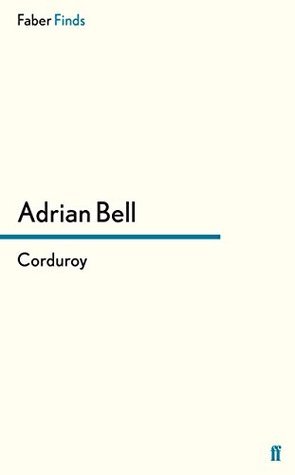What do you think?
Rate this book


252 pages, Kindle Edition
First published January 1, 1930
The last footfall dies into silence. The stillness tingles with the aftermath of noise. All around stand the new cornstacks, unfamiliar shadows, ramparts thrown up suddenly round the yard. An owl detaches itself from the darkness of a beam, swoops down into the moonlight and away, now white against a shadow, now black against the moon.
I went home for Christmas, of course, while the Colville family gathered at Benfield for theirs. I have spent many Christmases there since, but, as every reader has a country Christmas of memory, there is no purpose in my re-enumerating the signs, from the early bells to the mistletoe in the yokels' caps (a fancy that even the cinema tuition in what's what cannot eradicate).